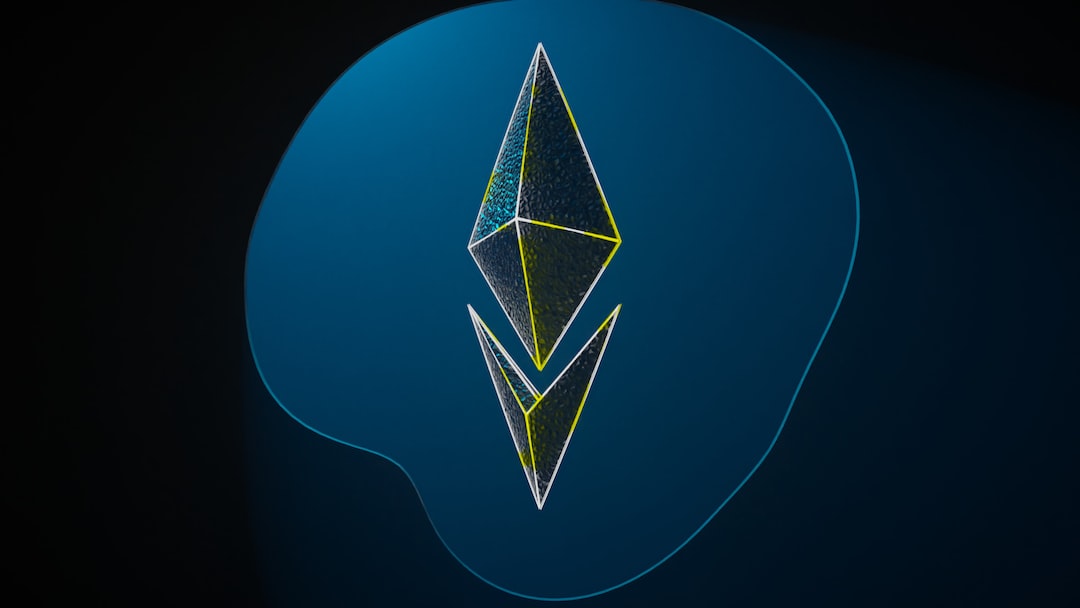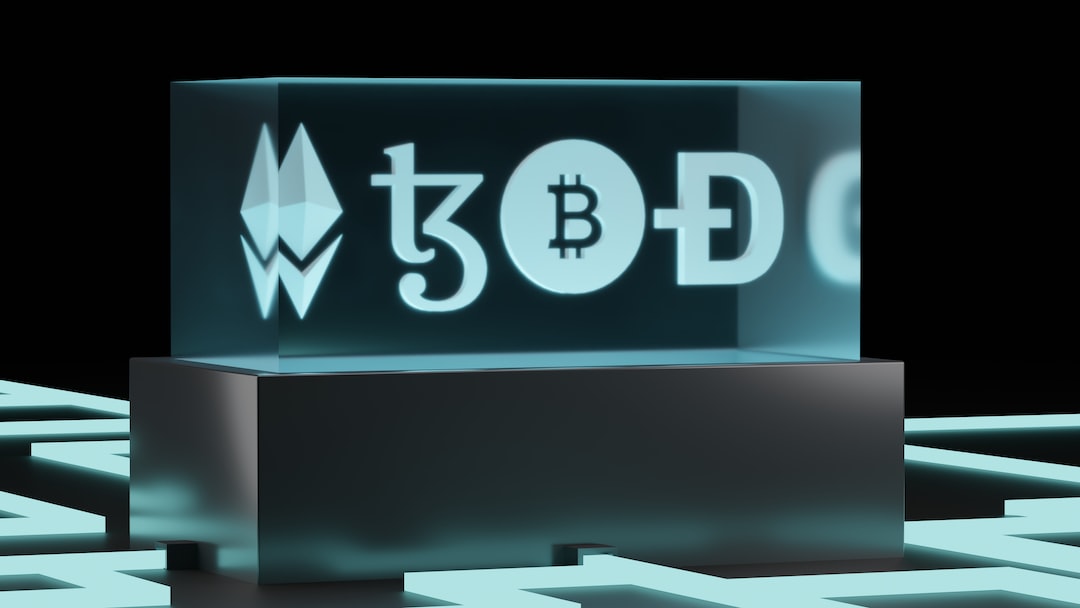Abu Dhabi Introduces Regulatory Framework for DAOs and Digital Ledger Entities
Abu Dhabi, the second-most populous emirate in the United Arab Emirates, has implemented a formal regulatory framework for decentralized autonomous organizations (DAOs) and other digital ledger entities. This move is part of Abu Dhabi’s strategy to position itself as a leader in digital asset innovation within the Middle East.
The new framework allows DAOs to operate legally and issue tokens to members, providing regulatory clarity for digital asset firms. Abu Dhabi aims to establish itself as a crypto hub alongside Dubai, and this initiative is part of a broader effort to promote blockchain and digital asset initiatives.
The Significance of Distributed Ledger Technology (DLT)
Distributed ledger technology (DLT), which forms the foundation of blockchain networks, is a system that records and stores information across multiple ledgers within a network. This ensures data accuracy and security.
The Abu Dhabi Global Market (ADGM) has taken a forward-looking approach by introducing the DLT Foundations Regime after extensive consultations with industry stakeholders. This framework not only establishes global standards but also has the potential to revolutionize the blockchain sector by improving efficiency and transparency.
Abu Dhabi’s Commitment to Digital Asset Innovation
Ahmed Jasim Al Zaabi, Chairman of ADGM, highlighted Abu Dhabi’s rapid transformation into a hub for digital asset innovators. The emirate is dedicated to nurturing an ecosystem that fosters technological progress.
Abu Dhabi’s regulatory efforts elevate its reputation as a forward-thinking legal jurisdiction and offer significant advantages to the broader Web3 community. By promoting improved governance and recognizing the decentralized principles of this sector, Abu Dhabi sets an example for international financial centers.
Competition with Dubai in Establishing a Crypto Hub
Abu Dhabi is actively competing with Dubai to establish itself as a cryptocurrency hub. The regulatory framework in Abu Dhabi provides an attractive option for companies seeking clear and reliable regulations that may differ from those found in other parts of the world.
Dubai has also made strides in embracing the digital assets sector by inaugurating an economic free zone dedicated to digital and virtual asset service providers. This free zone supports emerging technologies such as the metaverse, blockchain, utility tokens, non-fungible tokens (NFTs), decentralized applications (dApps), and other Web3-related businesses.
Hot Take: Abu Dhabi’s Regulatory Framework Strengthens Its Position as a Crypto Hub
Abu Dhabi’s introduction of a formal regulatory framework for DAOs and digital ledger entities solidifies its position as a leading crypto hub in the Middle East. This move provides regulatory clarity and promotes innovation in the digital asset sector.
The adoption of the DLT Foundations Regime demonstrates Abu Dhabi’s commitment to enhancing efficiency and transparency in blockchain networks. By establishing global standards, Abu Dhabi sets an example for other financial hubs worldwide.





 By
By
 By
By
 By
By


 By
By